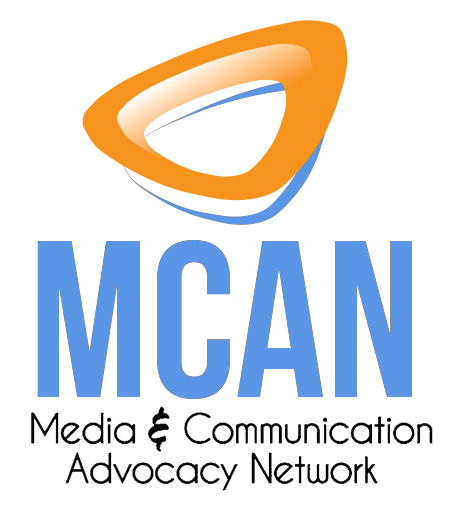February 6, 2021 is International Day of Zero Tolerance of Female Genital Mutilation (FGM) and to mark the day, the youth of some communities in the Savanna Region have sent out a strong message to the perpetrators of the harmful practice: Female Genital Mutilation must stop!
Noting that FGM was still rife in many of their communities, the young people expressed their disappointment that this should still happen after the many advocacy and educational programmes carried out in the past years.
FGM involves the partial or total removal or alteration of the external female genital organs for non-medical reasons. Studies show that an estimated 100 to 140 million women and girls in the world have undergone some form of FGM and two million girls are at risk from the practice each year. In Ghana, some parts of the then Northern, Upper East, Brong Ahafo, Volta regions and the Upper West Region, as well as the Zongo communities in certain urban centres of the country are notable places where the practice still goes on.
Watchdog Committees
As their contribution to end FGM in their communities, the young people in the Savannah Region have formed watchdog committees which monitor baby girls from birth and immediately report to the appropriate authorities if there is any move to mutilate the baby girl. The committee members who are supported by the Ghanaian Association for Women’s Welfare (GAWW) work secretly so community members do not know they exist.
One of the youth leaders, in charge of five communities, who wishes to remain anonymous said they monitor all baby girls for three years, when they start nursery school and will then be in the safe hands of their teachers. “FGM is a deeply rooted cultural practice. We, the youth are convinced that we have a key role in the elimination of this practice. Currently we are doing this voluntarily. We meet once in a while to discuss problems and the way forward, so clearly we need support to sustain this effort.” “It is clear that this cultural practice of FGM has not served any good purpose in our country. Culture that violates the rights of the people is not worth practicing,” she emphasised.
Prevalence
Currently, statistics indicate that the national prevalence of FGM is four per cent. Last year, at a forum organised by the United Nations Population Fund (UNFPA) at Pusiga in the Upper East region to mark International Day for Zero Tolerance of FGM, it was revealed that the practice was still going on seriously in some communities unabated. Experts say FGM exposes women and girls to a wide range of health issues. They include severe emotional and physical trauma, risks in maternal and reproductive health, sexual health, child birth complications, as well as obstetric fistula.
One organization that has been in the forefront to eradicate FGM in the country is the UNFPA. In an interview, the Country Representative Mr. Niyi Ojuolape said UNFPA still keeps FGM on the radar at various forums including advocacy dialogues with traditional and religious leaders, policy makers and especially with the Ministry of Gender Children and Social Protection (MOGCSP) as a form of harmful practice that should not be ignored.
He said in the past three years UNFPA had developed and submitted proposals to solicit for funding to work on FGM. “We remain hopeful that at some point, funding would be received for the project” he added. Mr. Ojuolape said UNFPA was involved in the implementation of UNFPA-UNICEF Joint Programme for the elimination of FGM, adding that UNFPA Ghana was also pursuing funding for a joint programme on FGM with Burkina Faso.
“The border communities in the North East, Upper East and Upper West regions of Ghana have FGM prevalence rates higher than the national average and should be targeted for special interventions. Additionally, there have been several reports of cross-border FGM cases between Ghana and Burkina Faso on one hand, and Ghana and Togo on the other,” he stated.
Mr. Ojuolape said these boundaries are same ethnic groups who practice FGM found on each side of the boundaries, and in most cases are the same ethnic groups and even families with filial ties separated by artificial boundaries. “This project is very dear to UNFPA Ghana in the spirit of “Leaving No One Behind” he stressed. He further indicated that UNFPA joins other partners to condemn the practice and urged government and other stakeholders to join in the fight against FGM.
“High level advocacy on FGM is critical in the total elimination of it and the role of media is very critical in this area too. FGM is still a challenge to our society and the battle to end it is an emblematic one. It is both a result and perpetuation of gender inequality and discrimination against women and girls. It constitutes an extreme form of social control over women bodies particularly their sexuality, denying them the most basic form of autonomy,” Mr Ojuolape concluded.
Fact Sheet
International Day of Zero Tolerance of Female Genital Mutilation (FGM) is celebrated globally as part of the UN efforts to eradicate FGM. The day is also to accelerate action towards total elimination of FGM to free women and girls from the adverse effects of it.
The writer is the President of the Ghanaian Association for Women’s Welfare (GAWW)
By Gertrude Eunice Maasodong

